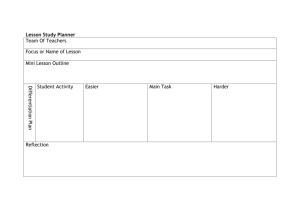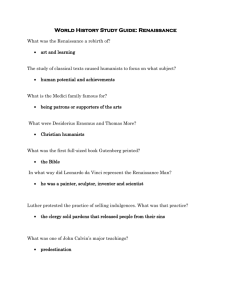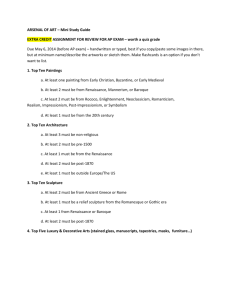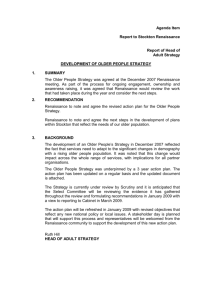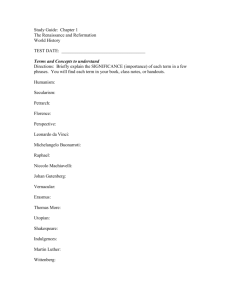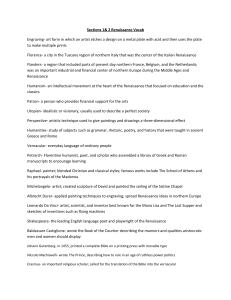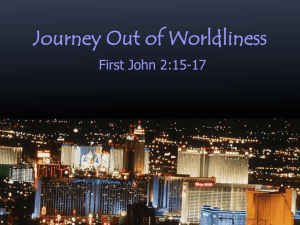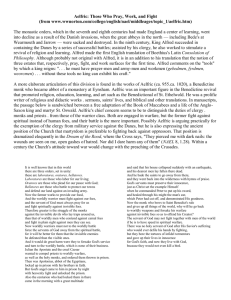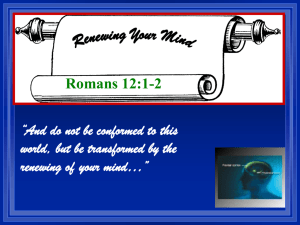Causes of the Reformation
advertisement
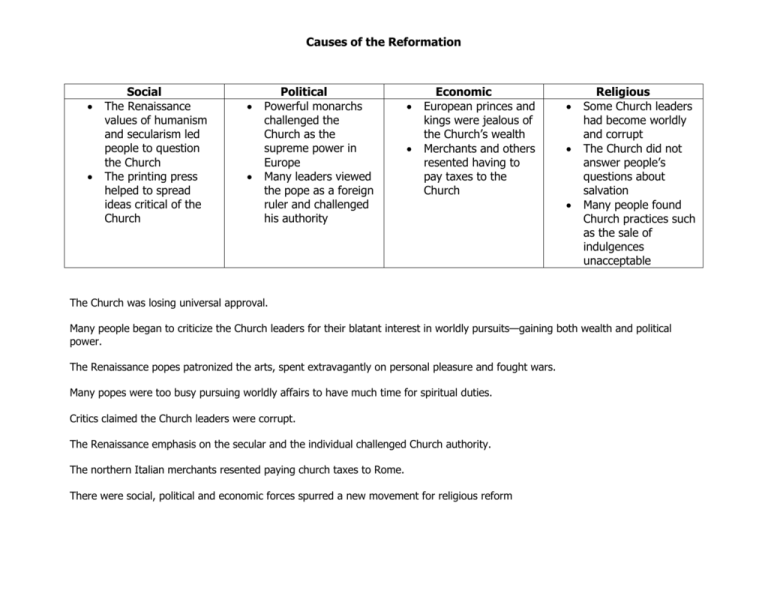
Causes of the Reformation Social The Renaissance values of humanism and secularism led people to question the Church The printing press helped to spread ideas critical of the Church Political Powerful monarchs challenged the Church as the supreme power in Europe Many leaders viewed the pope as a foreign ruler and challenged his authority Economic European princes and kings were jealous of the Church’s wealth Merchants and others resented having to pay taxes to the Church Religious Some Church leaders had become worldly and corrupt The Church did not answer people’s questions about salvation Many people found Church practices such as the sale of indulgences unacceptable The Church was losing universal approval. Many people began to criticize the Church leaders for their blatant interest in worldly pursuits—gaining both wealth and political power. The Renaissance popes patronized the arts, spent extravagantly on personal pleasure and fought wars. Many popes were too busy pursuing worldly affairs to have much time for spiritual duties. Critics claimed the Church leaders were corrupt. The Renaissance emphasis on the secular and the individual challenged Church authority. The northern Italian merchants resented paying church taxes to Rome. There were social, political and economic forces spurred a new movement for religious reform
